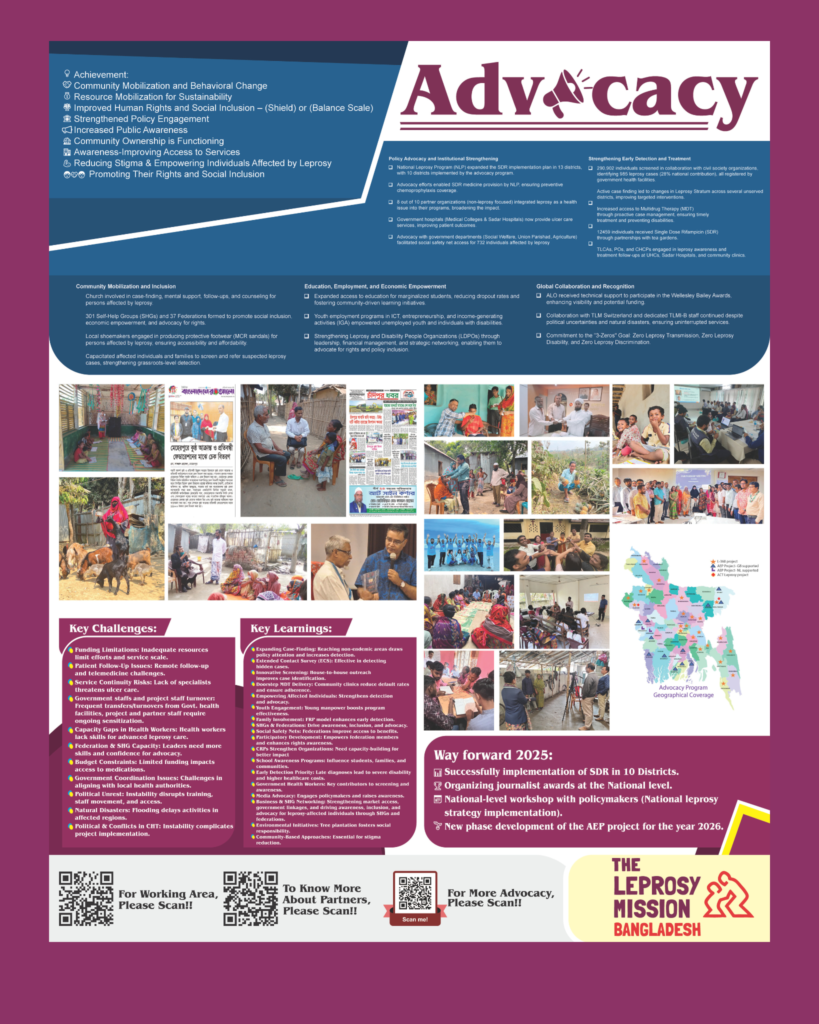Advocacy
Our Advocacy initiatives aims to raise awareness, reduce stigma, and empower marginalized communities through a concerted effort to advocate for policy changes, access to healthcare, and social inclusion.
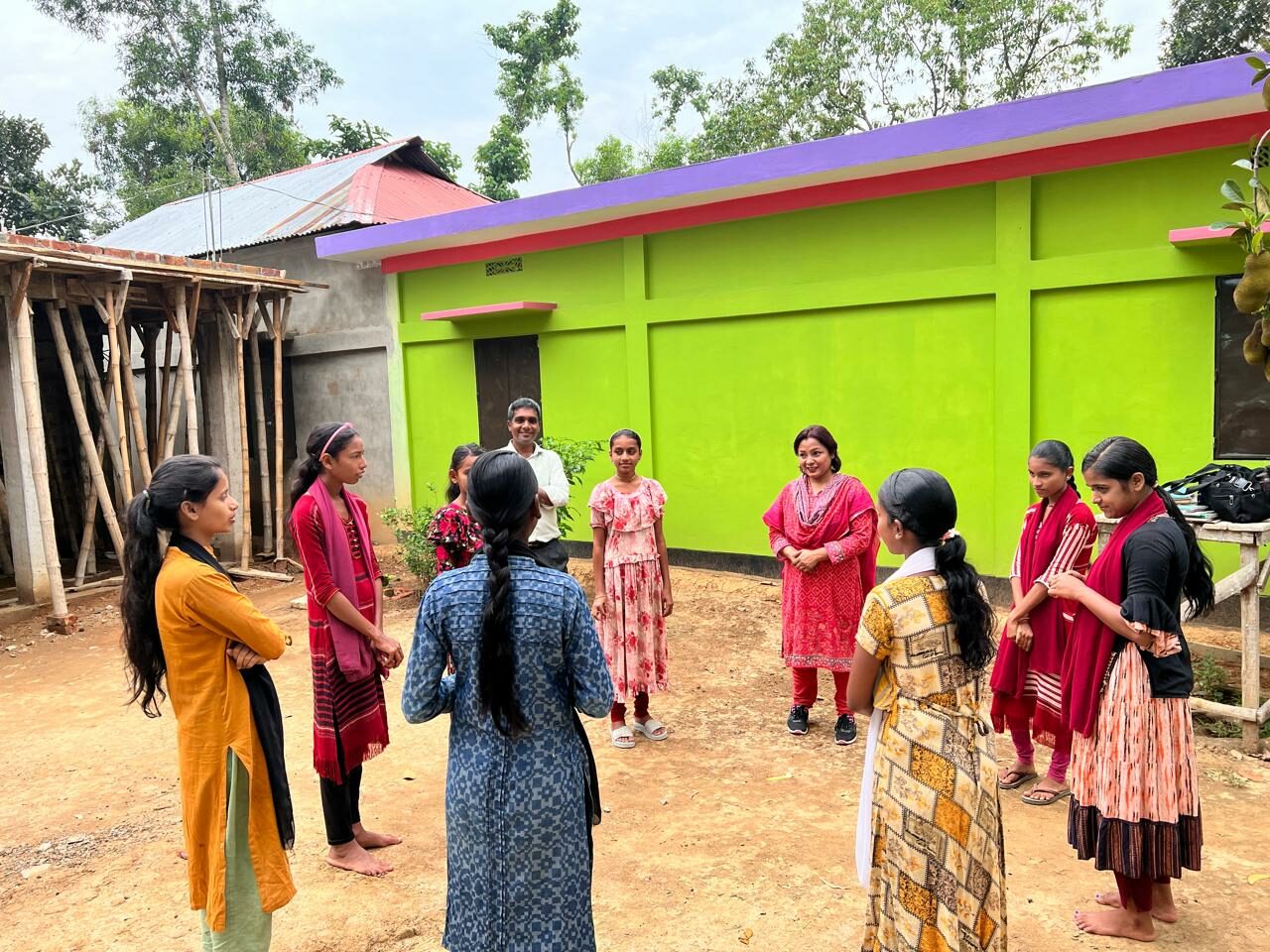
Our Advocacy initiatives aims to raise awareness, reduce stigma, and empower marginalized communities through a concerted effort to advocate for policy changes, access to healthcare, and social inclusion.
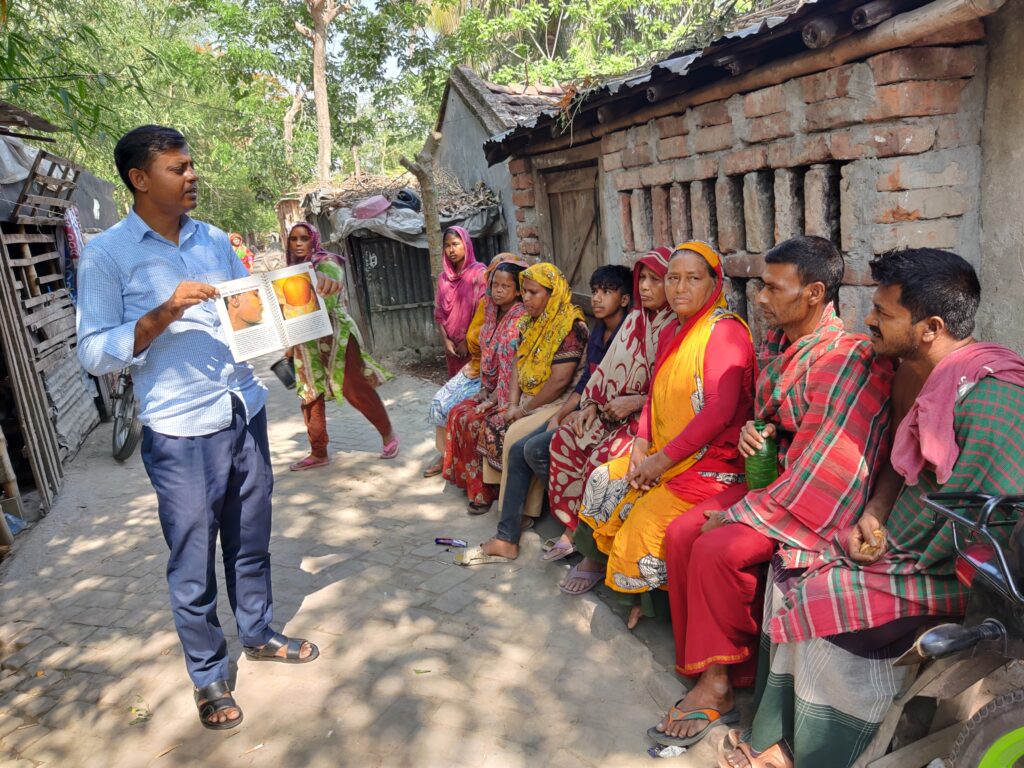
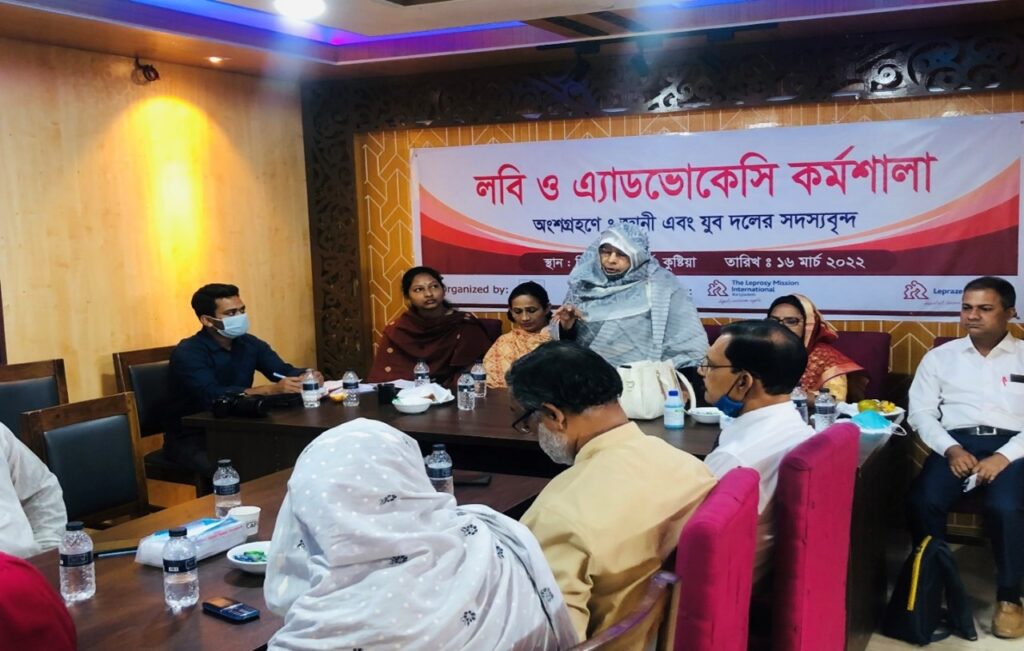
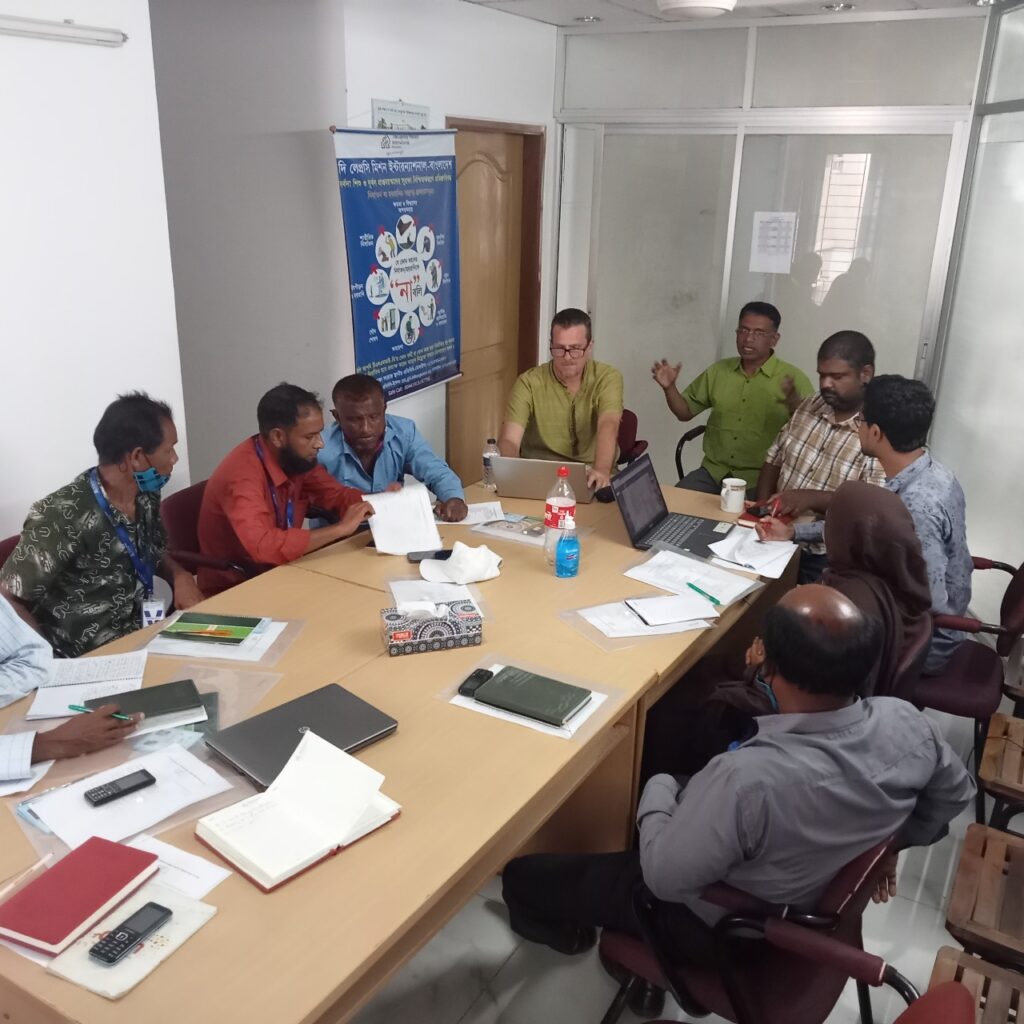
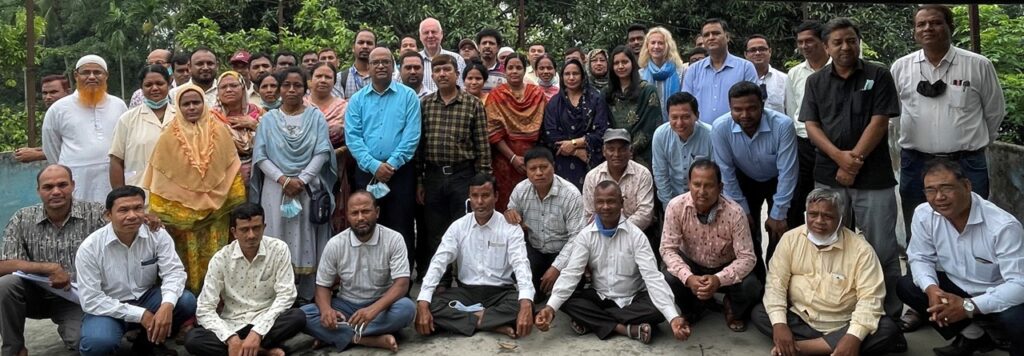
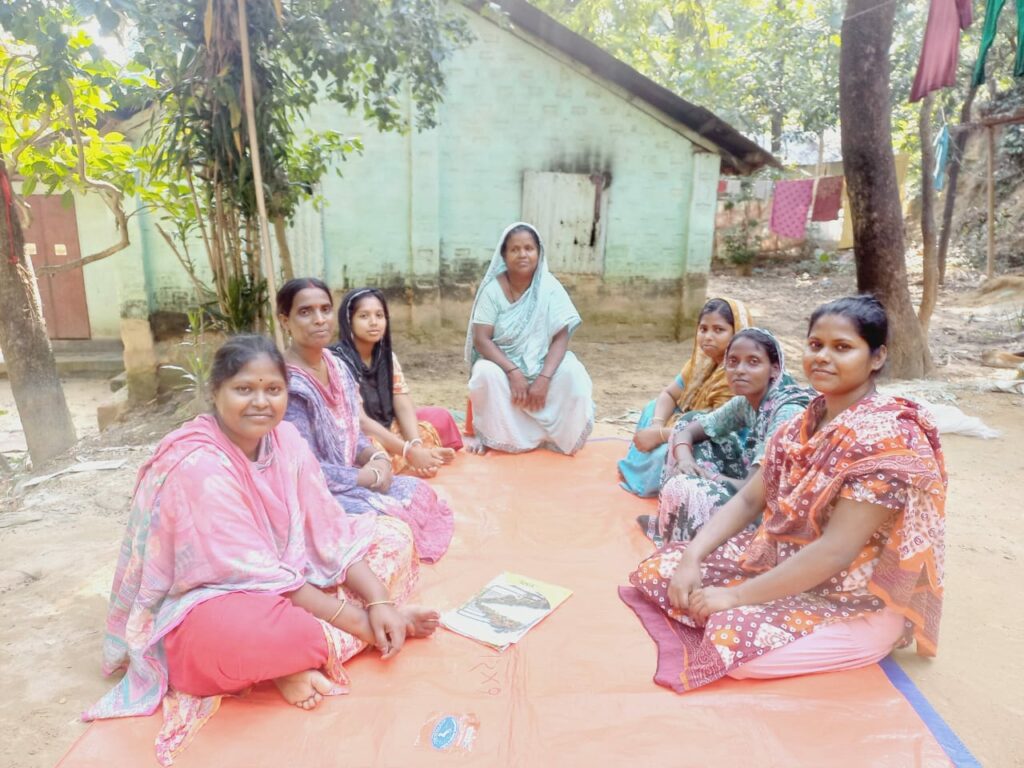
The Activating and Engaging Partnerships to Reduce Leprosy in Bangladesh (AEP) project is running from 2023 to 2027, targets leprosy in Bangladesh through collaboration with civil society, government health systems, and local communities on 10 sub-districts in Chuadanga and Jhenaidah. It aims for zero transmission, disability, and discrimination by focusing on early detection, treatment, social inclusion, and strengthening local health systems, while promoting economic empowerment. Aligned with the Global Leprosy Strategy and SDGs, the project enhances leprosy services and advocacy for a more equitable environment.
Learning 360° is a transformative project led by The Leprosy Mission International-Bangladesh (TLMI-B) aimed at improving the socio-economic and health conditions of people affected by neglected tropical diseases (NTDs) and disabilities. Funded by TLM Switzerland with co-funding from the Swiss Agency for Development and Cooperation, the project operates in 23 districts across Bangladesh through eight sub-projects under the TLMI-B umbrella. Launched in 2021, Learning 360° focuses on empowering individuals through timely access to quality health services and socio-economic opportunities, contributing directly to the achievement of several Sustainable Development Goals (SDGs).
Activating and Engaging Partnerships to Reduce Leprosy in Bangladesh (AEP) project funded by Great Britain from 2023 to 2027combats leprosy in Bangladesh by building partnerships between civil society organizations, local communities, and government health systems. With the core objective of achieving Zero Transmission, Zero Disability, and Zero Discrimination, AEP aims to mainstream leprosy case detection, treatment (including multi-drug therapy or MDT), complication management, and the provision of assistive devices. The project further supports hospital services, preventative chemotherapy (PEP), and socio-economic initiatives aimed at improving the well-being of those affected by leprosy. The project operates across 11 districts and 35 sub-districts, benefiting 205,888 people directly and 2126496 indirectly. AEP forms 165 Self-Help Groups (SHGs) and 25 Federations to drive advocacy, social integration, and socio-economic development through micro finance and skill building programs which address community level sustainable change.
Locations: Mirpur (Kushtia), Kaliganj (Satkhira), and Rampal (Bagerhat)
Organized by: The Leprosy Mission International Bangladesh (TLMIB)
Supported by: National Leprosy Program (NLP), DGHS
In collaboration with: Christian Service Society (CSS), Mukti Naari O Shishu Unnoyon Songstha, and respective Upazila Health Complexes
Goal of SDR Implementation: To reduce the risk of leprosy transmission by providing a preventive single-dose of Rifampicin (SDR) to eligible close contacts of leprosy patients, thereby accelerating efforts towards leprosy elimination in Bangladesh.
